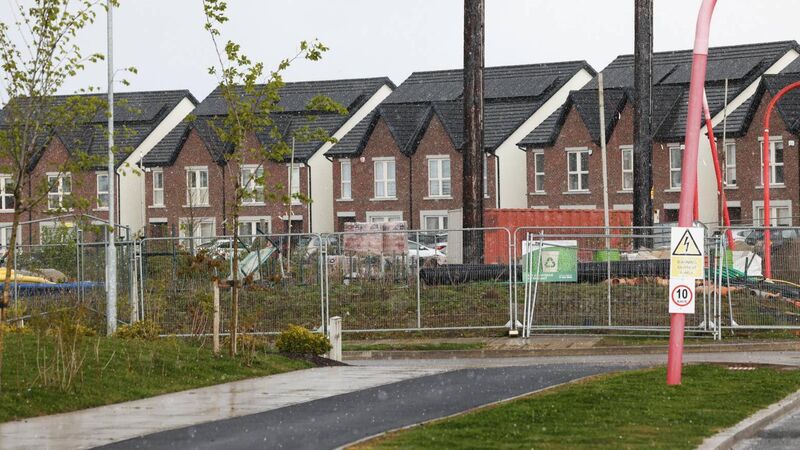Book Review: Rory Hearne's Gaffs is a difficult - but necessary - read

The Bay Meadows housing development during construction in Dublin 15 last year; all 112 houses were bought by global investment company, Round Hill Company, to be put on the rental market. Picture: Sam Boal/RollingNews.ie
- Gaffs
- Rory Hearne
- Harper Collins Ireland
- pb €14.99



